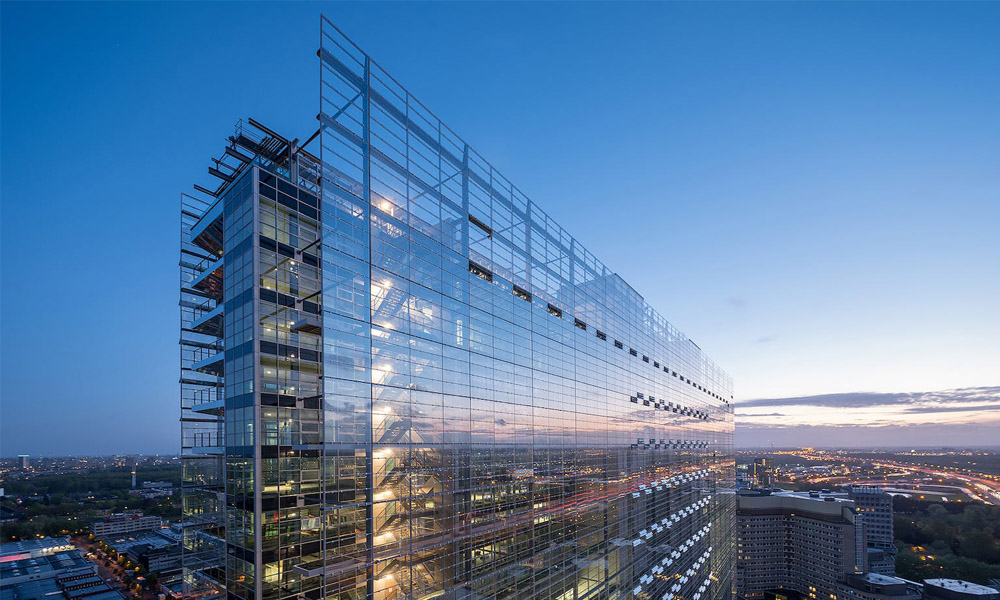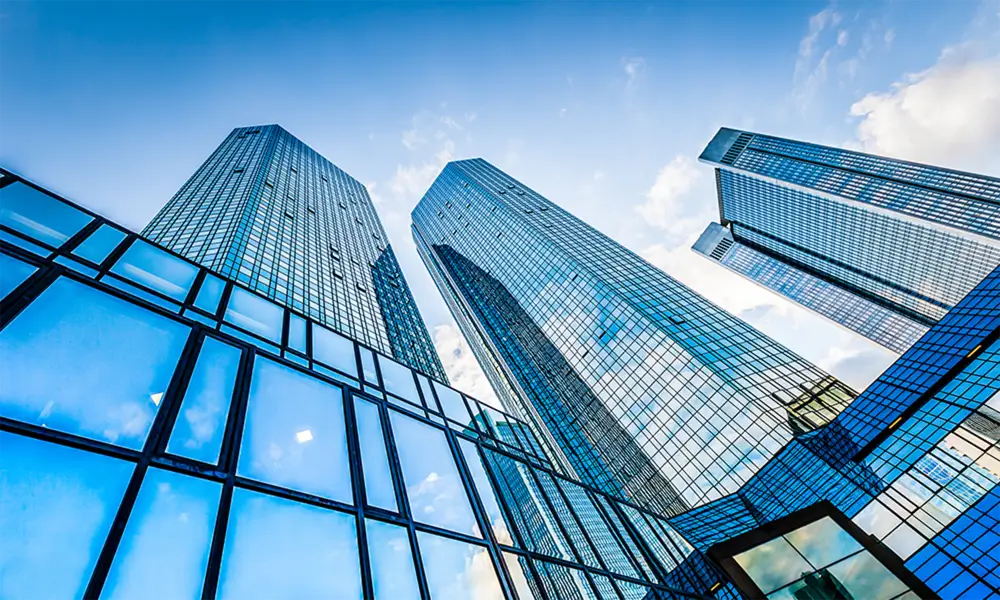The quality of mirror glass is an essential aspect that affects both aesthetics and functionality in various settings, from residential interiors to commercial establishments. A discerning eye can distinguish between a high-quality mirror and a subpar one, making the selection process critical for consumers and professionals alike. Understanding the nuances of mirror glass quality can enhance one's ability to make informed purchasing decisions.

The craftsmanship of mirror glass begins with the choice of raw materials. High-quality mirrors typically use premium-grade float glass, known for its flatness and clarity. The float process involves floating molten glass on a bed of molten tin to achieve uniform thickness and surface smoothness. This process is crucial for creating a distortion-free reflection, a hallmark of superior mirror quality.
Equally important is the silvering process, where a reflective coating is applied to the glass surface. In premium mirrors, pure silver or aluminum coatings are used. The quality of this coating significantly impacts the mirror's reflectivity and durability. A high-reflectance coating ensures that the mirror provides a true-to-life reflection without color distortion, while a well-applied coating resists tarnishing and degradation over time.

The application of a protective backing is another critical step in ensuring mirror longevity. Quality mirrors often feature a triple-layer coating the reflective metal layer, followed by a layer of copper or another barrier metal to prevent oxidation, and topped with a paint or lacquer finish. This multilayer protection shields the reflective coating from moisture, chemicals, and physical damage, significantly extending the mirror's lifespan.
Precision in cutting and edging the mirror glass also plays a role in overall quality. Expertly crafted mirrors boast smooth, polished edges that enhance safety and add a touch of elegance. Beveled edges are a common feature in high-end mirrors, where the glass is angled and polished to create a frame-like appearance that catches light beautifully.
mirror glass quality
Glass thickness is another consideration in determining mirror quality. Thicker glass not only provides a sturdier structural integrity but also enhances the clarity of the reflection. Standard mirror glass thickness ranges from 3mm to 6mm, with thicker mirrors often employed in upscale applications or those requiring additional strength, such as large wall-mounted mirrors in commercial spaces.
Safety is paramount in mirror installations, particularly in environments prone to breakage. High-quality mirrors may incorporate safety features like shatter-resistant films or safety vinyl backings that hold the glass together in the event of a break. These features are crucial for reducing the risk of injury and are often a requirement in public and commercial settings.
When choosing a mirror, consider the environmental impact of its production. Leading manufacturers prioritize sustainable practices by minimizing waste and using eco-friendly materials and processes. Recycled glass and non-toxic silvering methods are indicative of a manufacturer’s commitment to sustainability, which aligns with an increasing consumer preference for environmentally responsible products.
Finally, warranties and certifications can attest to a mirror's quality. Reputable manufacturers provide guarantees that cover defects in materials and workmanship, offering peace of mind and affirming the product's durability. Certification from organizations like the Glass Association of North America (GANA) may further confirm compliance with industry standards for quality and safety.
In conclusion, evaluating mirror glass quality involves a multifaceted assessment of materials, manufacturing techniques, and additional features such as safety and sustainability. By understanding these elements, consumers and professionals can select mirrors that not only fulfill their aesthetic desires but also provide practical benefits and long-lasting value. Investing in high-quality mirror glass is a decision that reflects both discernment and a commitment to excellence.



